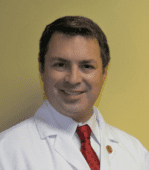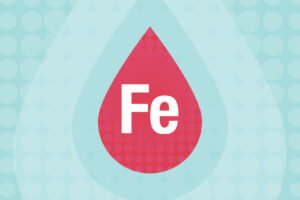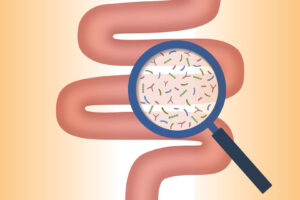It is a well-known fact that the war is on against sugar. Many people don’t realize that sugar and other carbohydrate consumption can also contribute to cholesterol problems. In fact, sugar ─ in the form of table sugar (sucrose) or high-fructose corn syrup ─ can be a greater contributor to heart disease than the consumption of saturated fat, long regarded as the main contributor to this condition.
Most Americans consume far too much sugar on a daily basis. Why? There are a multitude of reasons. For example, many of us are unaware that processed foods are loaded with hidden sugars to enhance flavor. In addition to all the fructose added, Americans consume an average of 22 teaspoons of sugar a day and even more from carbohydrates (which the body breaks down into sugar) from pasta, rice, bread, corn and potatoes.
For the last 30 years, our dietary focus has been to reduce fats in our diets. As a result, there has been an increase in carbohydrate consumption resulting in an epidemic of pre-diabetes and diabetes along with a new type of cholesterol problem.
Cholesterol reduction requires a one-on-one treatment regime
As a physician and lipidologist (a doctor specializing in cholesterol management), I work with people on an individual basis to help them lower their cholesterol based upon their unique lifestyle and personal healthcare needs. This is extremely important because “one size does not fit all” when it comes to managing cholesterol. Every patient’s blood work, medical history, age and overall health should be taken into account when determining the best treatments for lowering cardiovascular disease.
Sugar consumption negatively affects “good and bad” cholesterol
Standard cholesterol measurement reveals your total cholesterol level broken down by LDL (bad cholesterol), HDL (good cholesterol) and triglycerides. LDL elevation, which is linked in part to saturated fat intake, is only one type of cholesterol problem. How is sugar a major culprit in cholesterol problems? Eating sugar and other carbohydrates raises triglycerides and lowers HDL. It also causes dysfunctional alterations in LDL molecules. LDL levels may seem normal, but this dysfunctional LDL can cause rapid clogging of arteries and increased risk for thrombosis.
Reducing sugar intake offers big rewards
Generally speaking, the goal for many people is to reduce daily sugar intake and realize that carbohydrates must also be reduced to impact your cholesterol problems. Avoid high fructose corn syrup. The brain cannot sense this form of sugar like it does regular table sugar and this will cause you to eat more before feeling full. After about five days of living on fewer carbohydrates, my patients report feeling much more energy, less stress and even craving healthier food choices. So give your body a gift that will keep on giving. Dump the sugar and reduce the carbs. Your cholesterol, heart, mind and body will thank you for it.
CentraState Medical Center in Freehold offers an extensive roster of board-certified physicians and medical specialists throughout the region. To find a family or internal medicine physician near you, call 866-CENTRA7 (866-236-8727), or visit the Physician Finder at centrastate.com/physicians.
In addition, CentraState’s Star and Barry Tobias Health Awareness Center (HAC) offers more than 200 health education and lifestyle management programs to help patients achieve their health and wellness goals. A dedicated team of registered nurses, registered dietitians, lifestyle management experts and integrative therapy practitioners help participants to lose weight, get fit, eat healthy and lower disease risk. For more information about all of the programs offered at the HAC, call (732) 308-0570 or visit centrastate.com/healthprograms.
 Spencer Kroll, MD, PhD is a board-certified, Georgetown University-trained physician specializing in internal medicine and a board-certified lipidologists. He is also a fellow of the National Lipid Association. Dr. Kroll is on staff at CentraState Medical Center and may be reached at his Morganville office by calling (732) 591-8840.
Spencer Kroll, MD, PhD is a board-certified, Georgetown University-trained physician specializing in internal medicine and a board-certified lipidologists. He is also a fellow of the National Lipid Association. Dr. Kroll is on staff at CentraState Medical Center and may be reached at his Morganville office by calling (732) 591-8840.





